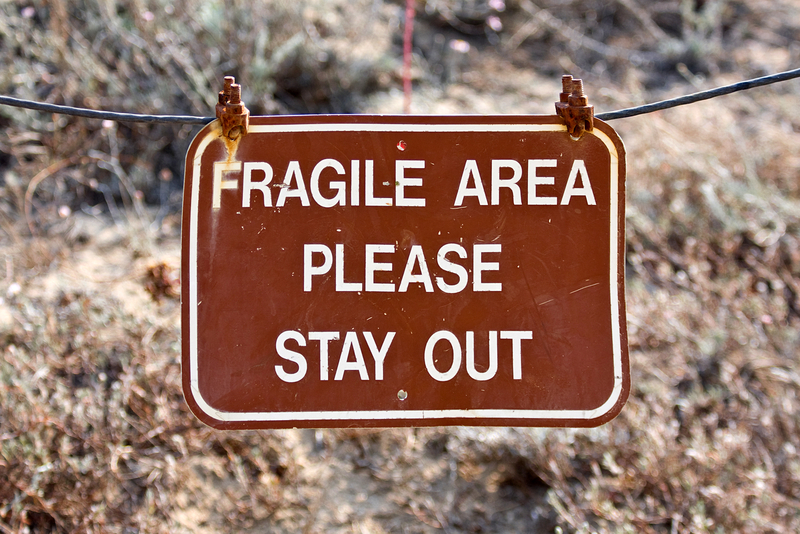Apparently the message, “our lives are messy” is too critical for today’s college student to hear. I consulted recently with a campus minister who had been challenged by a counselor at the small liberal arts college where they both work. The counselor said that telling students their lives were messy was just too hard for them to hear…..that they should not be given such a critical message.
This is really disturbing to me.
Who decided college students are so fragile?
Why is the University taking on the role of protector in this way?
This month’s Atlantic has a thought-provoking story on this idea called “The Coddling of the American Mind”. The author goes into great detail about current practices at Universities that perpetuate the fragility of the American college student. A couple of primary examples are punishments for microaggressions (“small actions or word choices that seem on their face to have no malicious intent but that are thought of as a kind of violence nonetheless”( p.44) and insistence on the use of trigger warnings when professors assign readings that may evoke strong emotional reactions.
As an anxiety therapist, I appreciated the writer’s investigation of how the presiding attitudes on campus foster an avoidance of emotional reactions that reinforces over and over again for students that it is dangerous and harmful to feel offended, provoked, angry, or anxious. While I affirm being sensitive and am grateful for movements in the past that sought to move towards more inclusive language as a reflection of our world, I see the difference that writers Lukianoff and Haidt explain in this way: “The current movement is largely about emotional well-being. More than the last, it presumes an extraordinary fragility of the collegiate psyche, and therefore elevates the goal of protecting students from psychological harm. The ultimate aim, it seems, is to turn campuses into ‘safe spaces’ where young adults are shielded from words and ideas that make some uncomfortable.” (p.44 )
The writers rightly point out that avoidance of feared things is actually counterproductive to psychological well-being and certain does not prepare students for life after college on many levels. I worry that these practices actually serve to convince students that they truly cannot handle feeling bad, which is an attitude I am constantly fighting against with my clients. Even for students with a true trauma background, the answer for their growth and healing is not creating a fantasy world where problems don’t exist. And certainly I wish the message was being injected into these students that they can handle evocative content….that their stress and anxiety responses can be functional and helpful, not dangerous!
I want to be a part of helping people see that their God-given emotional capacities are there for good reason and are a part of what make us human. There is no emotional state that needs to be summarily avoided! Our resiliency and maturity are both stretched by being squarely in reality, noticing our triggers and emotional reactions, and learning to soothe ourselves and stay grounded. These skills are things that can be developed and should be a goal for any college age person. Let’s allow life to teach college students what they need to learn about their tremendous capacity to experience emotions and be ok!
The article cited is from the September 2015 issue of The Atlantic.


2 Responses
Love it!!
If these policies are supposed to be part of preparing a college student to think critically and for life in general, they are failing miserably. (Dare I use the word “idiotic?”) Sounds like a story from the Twilight Zone. Think only happy thoughts, or you will be sent to the cornfield.